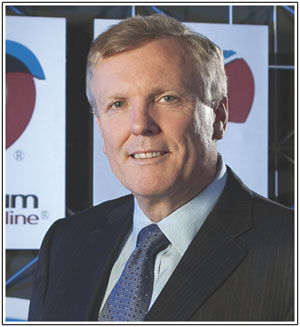[flv width=”640″ height=”380″]http://www.phillipdampier.com/video/TVNZ Sam Morgan Interview Digital Future 5-29-11.flv[/flv]

Southern Cross has the monopoly for international fiber connections between New Zealand and the rest of the world.
Three companies — Telecom New Zealand, Verizon, and Optus jointly own the single underseas fiber network that connects New Zealand with the rest of the world. Unless a second underseas fiber provider provides competition, the monopoly control on international connectivity may guarantee New Zealand an ultra fast fiber broadband network for domestic use, but leave consumers heavily usage-capped and subjected to monopoly price-gouging for international traffic. Those are the claims of Sam Morgan, a venture capitalist and philanthropist who advises Pacific Fibre, the company that wants to bring that second underseas fiber cable to New Zealand.
American and Canadian providers routinely point to Australia and New Zealand as examples of countries with usage-caps firmly in place, arguing this provides justification to do likewise in North America. But usage caps in the South Pacific are a product of international capacity shortages — a problem not found in either the United States or Canada, so their claims have no merit.
Morgan explores the implications of a second fiber cable reaching New Zealand — the imminent removal of the hated Internet Overcharging schemes. The clip comes courtesy of TV New Zealand. (17 minutes)


 Subscribe
Subscribe


